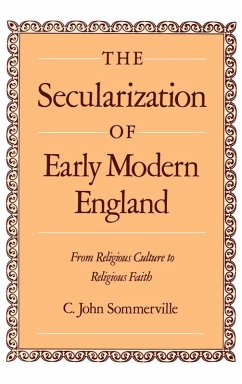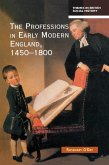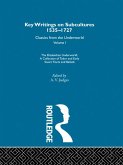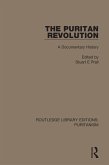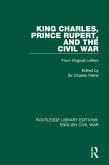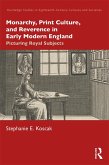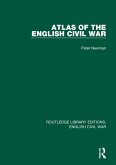This study overcomes the ambiguity and daunting scale of the subject of secularization by using the insights of anthropology and sociology, and by examining an earlier period than usually considered. Concentrating not only on a decline of religious belief, which is the last aspect of secularization, this study shows that a transformation of England's cultural grammar had to precede that loosening of belief, and that this was largely accomplished between 1500 and 1700. Only when definitions of space and time changed and language and technology were transformed (as well as art and play) could a secular world-view be sustained. As aspects of daily life became divorced from religious values and controls, religious culture was supplanted by religious faith, a reasoned, rather than an unquestioned, belief in the supernatural. Sommerville shows that this process was more political and theological than economic or social.
Dieser Download kann aus rechtlichen Gründen nur mit Rechnungsadresse in A, B, BG, CY, CZ, D, DK, EW, E, FIN, F, GR, HR, H, IRL, I, LT, L, LR, M, NL, PL, P, R, S, SLO, SK ausgeliefert werden.

